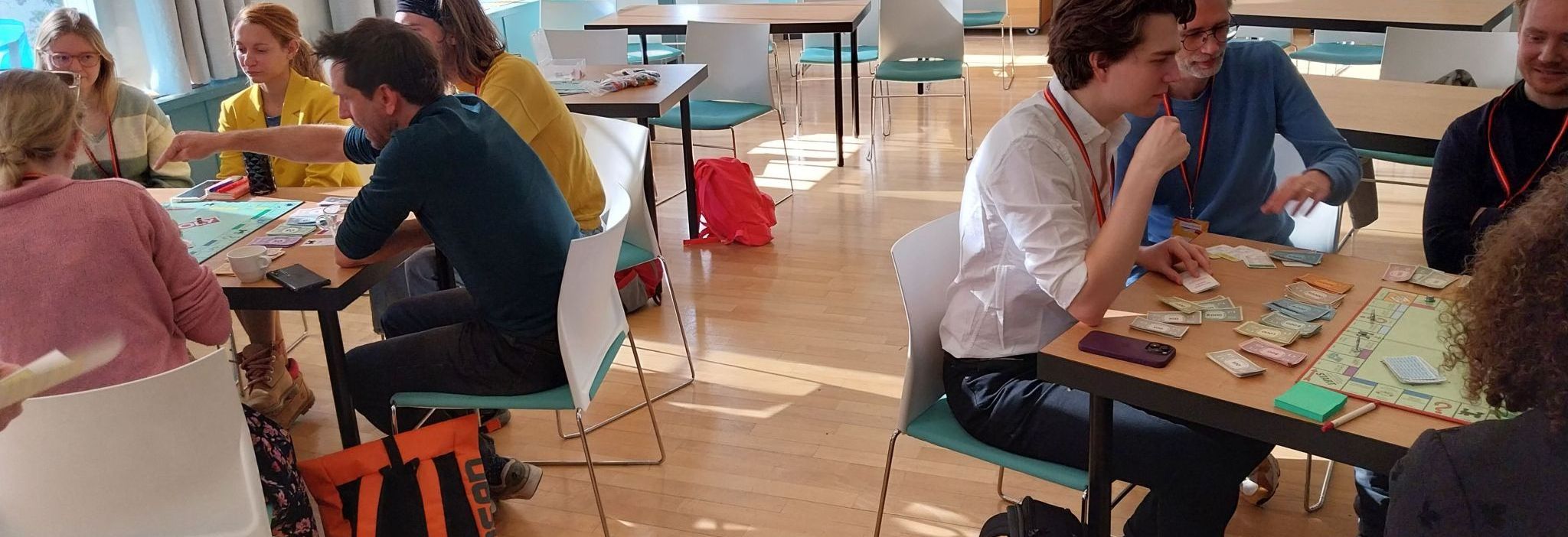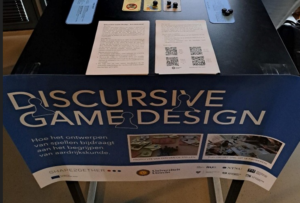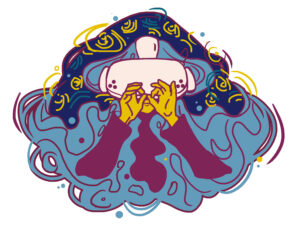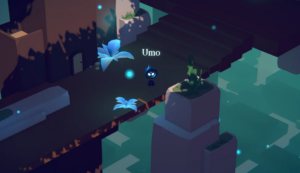
On March 6th, 2025, as part of the annual Onderwijsfestival at Utrecht University, Flora Roberts, Larike Bronkhorst and Stefan Werning organized a workshop on how co-designing iconic (board) games like Monopoly or the Game of Life in class can facilitate imagining sustainable futures and help (both students and lecturers) mitigate negative and cultivate positive climate emotions.
The workshop ‘Students as Game-Changers’ emerged from the ongoing USO project Crisis to Resilience (2024-2027), which develops, implements and evaluates various ‘playful’ learning spaces to promote climate resilience through collaborative social practices, both inside and outside the classroom.
The workshop drew colleagues from various academic fields including economics, educational sciences and sustainability studies but also internal communications. Games as a medium to model complex phenomena are increasingly common in science communication; in comparison, this workshop chose Monopoly as a case study to demonstrate…
- … how co-designing existing games, rather than creating new games, can stimulate productive discussions, using the familiar gameplay as a shared ‘language’,
- … how co-designing games can be more inclusive than playing serious or persuasive games because it invites all participants to express their (also conflicting) views on the subject matter by coming up with their own version of game rules and components,
- … how ‘re-appropriating’ familiar titles like Monopoly can help students see games more as material for self-expression than ‘products’ and part of a highly commodity-focused culture industry, and
- … how this technique can harness fandom to incentivize engage in informal learning contexts, outside of the classroom.
While the 1-hour workshop only provided a ‘taste’ of how game co-design can foster resilience and collaboration, the underlying methodology will be further refined, e.g. in the USO project Crisis to Resilience and by the Utrecht Game Lab, and materials to replicate the approach in class will be provided via the upcoming project website later this year. These include a freely extendable and remotely playable digital prototype, print&play materials to make the games accessible to larger groups without having to buy original copies of the respective games, examples of modifications (or ‘mods’) created in previous workshops to provide inspiration and demonstrate how to get started with co-design, and educational materials on how to tailor the approach to different learning goals, disciplinary contexts and target audiences.




